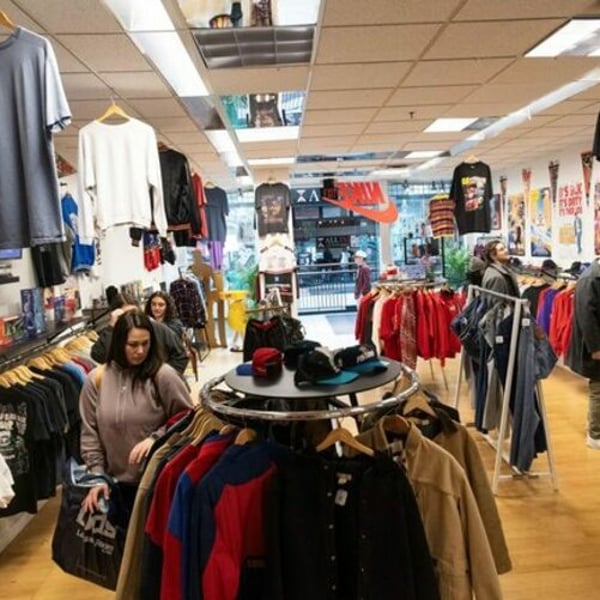By
Bloomberg
Published
June 11, 2025
For all the hand-wringing about tariffs, Americans are so far experiencing limited inflation from President Donald Trump’s protectionist trade policy.

For heavily imported goods like smartphones, new cars and clothing, price indexes are actually down since the Trump administration began implementing levies on key trade partners including China, based on data released Wednesday. Other categories including sporting goods and toys have risen only so much since February.
Companies may be finding ways to shield consumers from higher costs as they fear prices hikes — after years of lingering inflation — could lead to a pullback in demand. Some firms stocked up on inventories ahead of tariffs, allowing them to maintain pricing discipline, while others are absorbing some of the extra costs at the expense of lower margins.
Some may also be taking solace in Trump’s decision to pause or lower some of the more punitive tariffs as the administration works toward trade agreements, which has bought companies some extra time to weigh price hikes.
Still, most economists largely expect businesses to start passing more of the trade costs this summer, with Walmart Inc. and Ford Motor Co. among the firms that are warning higher prices for consumers are coming. The CPI report also showed bigger increases in some tariff-exposed categories. An index of toy prices rose by the most since 2023, while major appliances posted the largest advance in nearly five years.
More broadly, the government’s consumer price index report showed underlying inflation rose less than forecast for a fourth month in May. Goods costs, excluding the volatile food and energy categories, were flat compared with a month earlier.
“It is too early to declare victory and say that the significant increase in tariffs over the past few months will have no material impact on consumer price growth,” Wells Fargo & Co economists Sarah House, Michael Pugliese and Nicole Cervi wrote in a note after the report.
“Pre-tariff inventory building and anticipation that tariffs may eventually be dialed back are likely leading to some of the effects being delayed, and we see a particular risk of vehicle and apparel prices bouncing back in the near term,” they said.
Lawrence Werther and Brendan Stuart, economists at Daiwa Capital Markets, also expect tariff-related price pressures to emerge in the next few months, but “ongoing trade negotiations, along with anchored longer-term inflation expectations, point to a one-off (and relatively short-lived) shift.”







